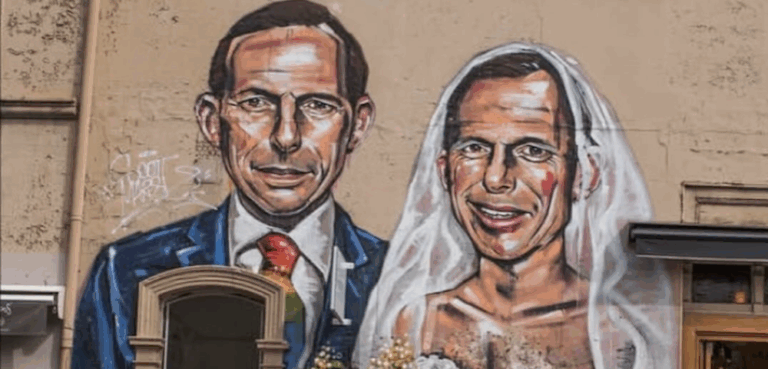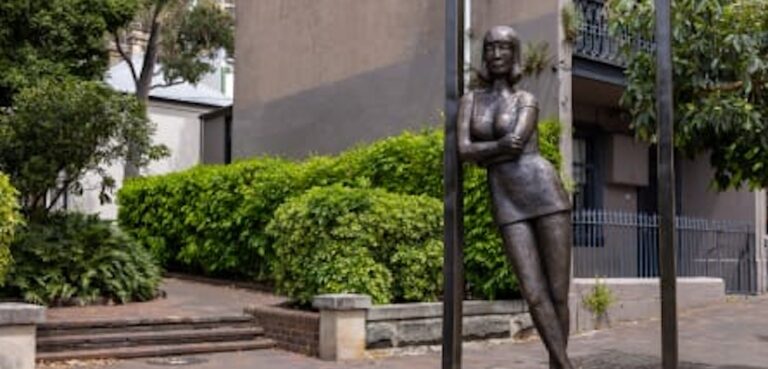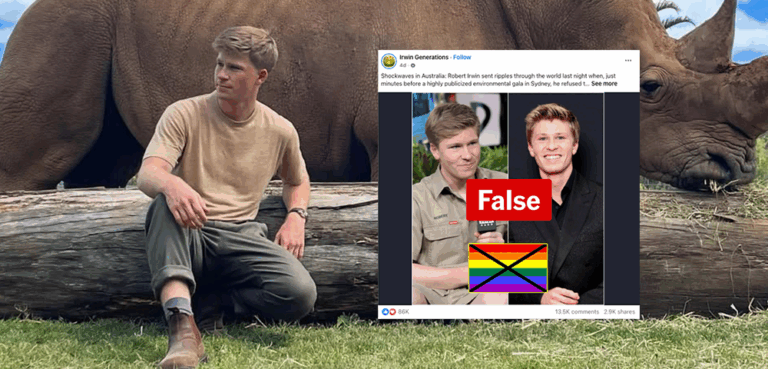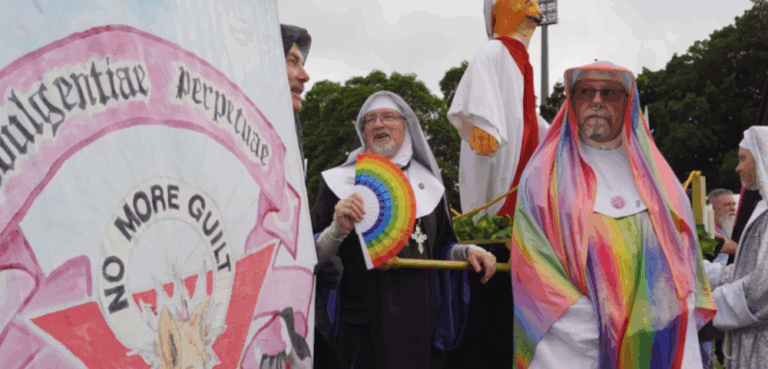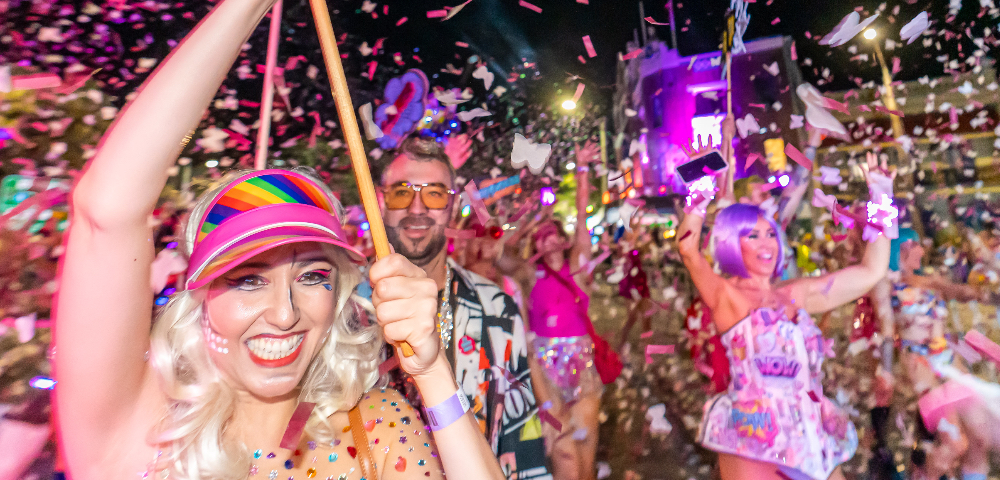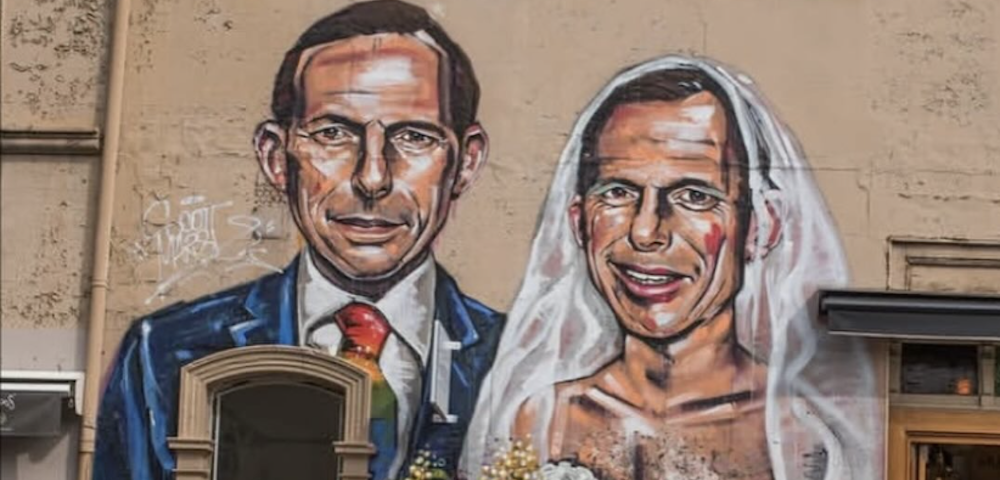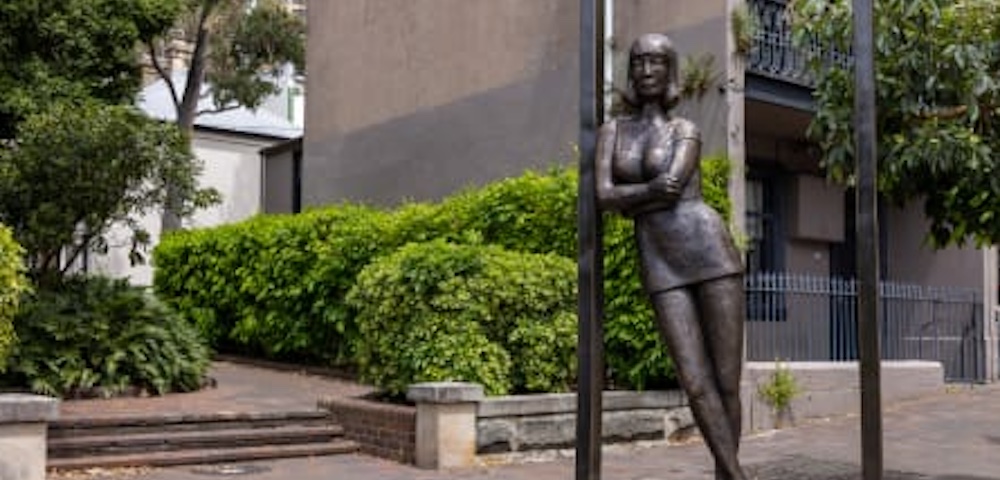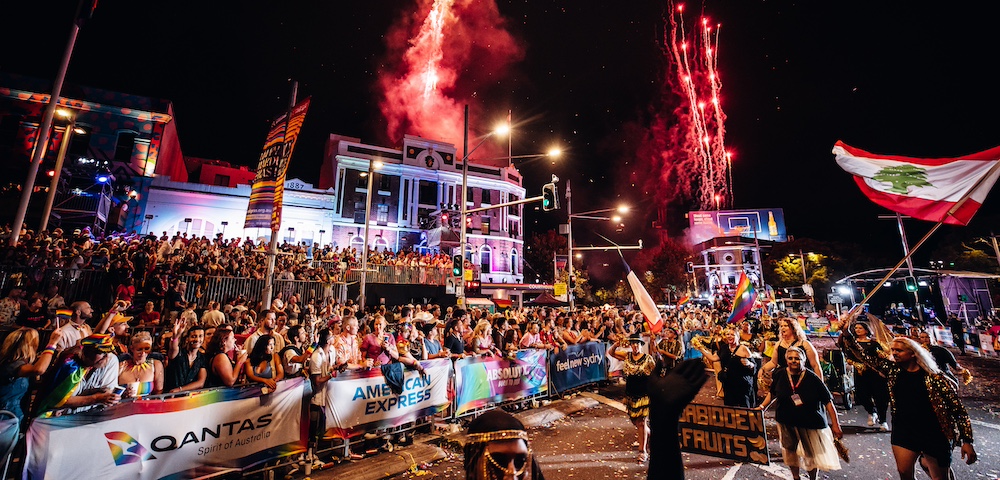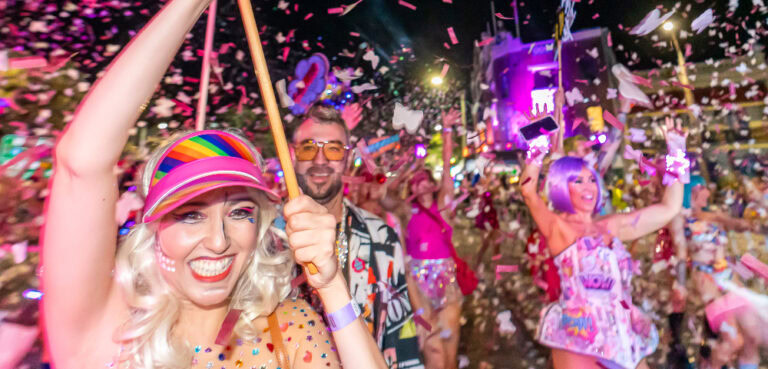
YouTube Admits Error In Removing Ding Dong I’m Gay Episode
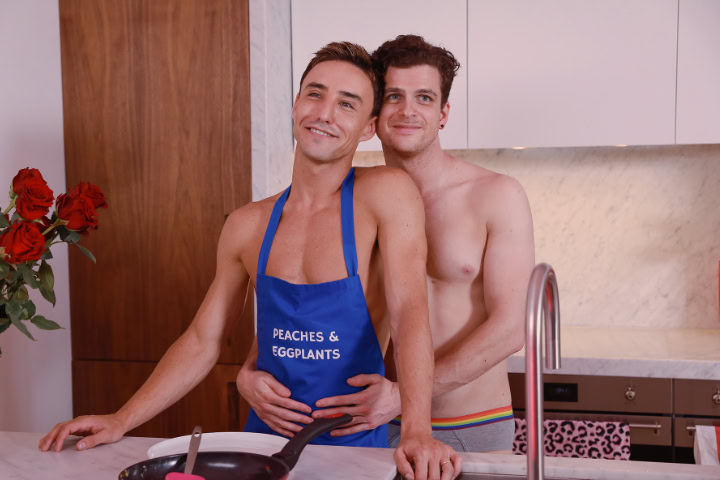
A new Australian series is putting a comedic lens on issues of isolation, connection and social pressures in the LGBTQI community.
Ding Dong I’m Gay has been celebrating its success with episodes released weekly.
However, the success has been marred by Episode 4 being removed for “violating YouTube’s terms of service” in a turn of events “all too common for LGBTQI content, filmmakers and artists”.
Tim Spencer, creator/writer/producer/star of the show, said this was presumably due to the fellatio scene between two male characters – a view that is not explicit or titillating but very much shot for comedy.
He added that for any sexual content, they were hyper-vigilant of how it was presented and shot, to make sure that it didn’t violate any of the policies.
“Every sex scene is played for comedy, it’s played for laughs and the episode in question, episode four, features male and male oral sex,” Spencer said.
“But as I said, we were very clear and conscious of making those shots, not sexually gratuitous.
“You can’t help but feel that the not so subtle message that puts out to the world is that gay sex and sexuality is wrong and shameful and shouldn’t be seen. There are so many other videos on YouTube that feature heterosexual oral sex, and some of them aren’t even age-restricted.”
Spencer said when there’s content on YouTube, which is sexually explicit, but between a man and a woman, “there’s a clear double standard” that both LGBTQI creators and audiences have to contend with daily.
The show received an email notification from YouTube on August 6 to say that it would be placed behind an age restriction, but it was still taken down on Tuesday.
After an appeal, the creators received another notification from YouTube on Tuesday night stating that it doesn’t violate the community guidelines and it has been reinstated with an age restriction.
Star Observer asked YouTube why it was removed, and asked it to respond to concerns that sexual heterosexual content is not censored in the same way, and this happens “all too often” to LGBTQI content creators.
Only the following response was received.
“With the massive volume of videos on our site, sometimes we make the wrong call,” a YouTube spokesperson said.
“When it’s brought to our attention that a video has been removed mistakenly, we act quickly to reinstate it.
“We also offer uploaders the ability to appeal removals, and we will re-review the content.”
Spencer said a core theme of the series has been about loneliness.
“I think there’s an idea that LGBTQI people need to leave small towns or country towns we’ve grown up in, in order to find a sense of connection and identity and community in a bigger city,” he said.
“Whilst that does happen… sometimes moving to the biggest city doesn’t immediately offer up everything that we’ve hoped for in terms of community and connection and it can be just as isolating as life was in the smaller country towns just for different reasons.:
The show tells the story of Cameron (Tim Spencer) who, six years after coming out and moving to Sydney, sees his dreams of elite parties and mini-breaks with jaw-lined boyfriends flatline.
Nevertheless, he is determined to pin down his almost-boyfriend, Jack (Rupert Raineri), and prove to his newly-out cousin, Toby (Brayden Dalmazzone), that he is an all-knowing gay guru.
From how to bottom to hook-up strategy, Cameron mentors his country cousin through the urban gay experience. Toby’s naive country charm makes him an instant hit, but Cameron’s insecurities soon threaten to drive a wedge between them.
The inspiration behind the storyline partly comes from Spencer’s partner who grew up in regional NSW.
“When we started going up, it was my first real introduction to rural and regional lifestyle in Australia,” he said.
“But also it is about my response to the sense of loneliness that I find quite common in contemporary LGBTQI communities.
“Particularly I think because of the increase in social media and how that’s replaced genuine connection in many ways and looking at how a comedy can be used to look at those dynamics and how they can be pulled apart and dissected a little bit.”
Ding Dong I’m Gay has been two years in the making, and a “labour of love”. It has been received well with views of the first season at more than over 85,000.
Spencer said while censorship might still be an issue for LGBTQI creators and filmmakers, he would encourage them not to shy away from their authenticity.
“We were really lucky to have very supportive contacts at Screen Australia and Create New South Wales,” he said.
“Our development managers were always pushing us to be more authentic and to really get to the detail and the emotional vulnerability of these characters and then to push the envelope.
“I think that’s the thing about online content is that it can be specific and it can be vulnerable, and it’s those two things that will really resonate with your audience and help you connect to a worldwide LGBTQI audience.”
Watch Ding Dong I’m Gay on YouTube here.
